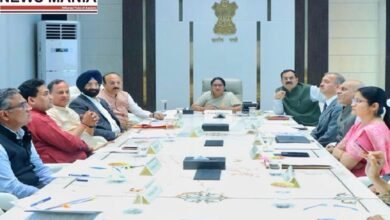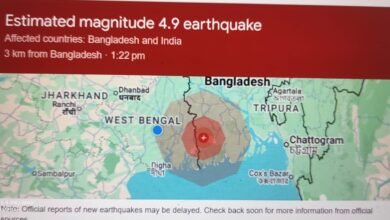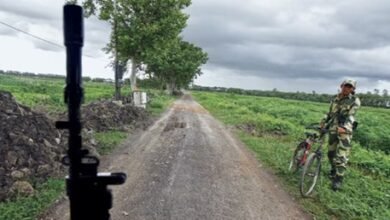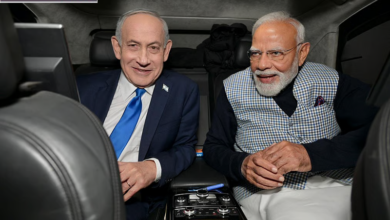Allegations of Court Bias in West Bengal: Mamata Banerjee’s Remarks on Teacher Recruitment Scam
Banerjee's remarks have ignited a legal and political controversy, prompting a group of lawyers to petition the court to take suomotu cognizance of her statements.
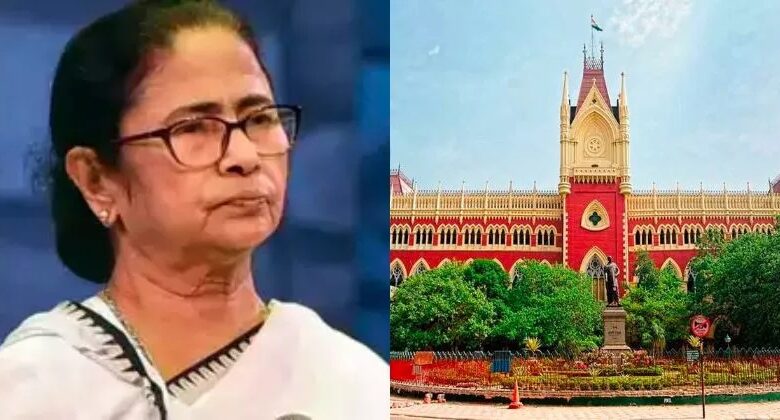
Following the Calcutta High Court’s decision to cancel the recruitment of over 23,000 teaching and non-teaching staff, West Bengal Chief Minister Mamata Banerjee has accused the Bharatiya Janata Party (BJP) of influencing the court’s verdict. Banerjee’s remarks have ignited a legal and political controversy, prompting a group of lawyers to petition the court to take suomotu cognizance of her statements.
In response to Banerjee’s allegations, a senior advocate affiliated with the Communist Party of India (Marxist) [CPI (M)] filed an affidavit condemning her remarks and urging the court to address the matter. He highlighted Banerjee’s persistent efforts to discredit the integrity of the Calcutta High Court, alleging that her statements undermine public trust in the judiciary.
The court acknowledged the seriousness of the issue and accepted media reports documenting Banerjee’s remarks as evidence. Additionally, it granted permission to file criminal contempt petitions against Banerjee, indicating the gravity of her accusations and their potential impact on the judiciary’s reputation.
Banerjee’s allegations stem from her public rally where she claimed that the BJP had influenced various institutions, including the High Court, CBI, NIA, BSF, and CAPF. She expressed skepticism about receiving justice from the Calcutta High Court and expressed hope for relief from the Supreme Court, where the West Bengal government has already filed an appeal.
During her election campaign, Banerjee vehemently criticized the BJP and other opposition parties, urging voters to reject them in the upcoming elections. She portrayed the court’s decision as politically motivated, accusing the BJP of supporting the judgment to discredit her government’s efforts to recruit teachers.
In contrast, the ruling Trinamool Congress (TMC) has denounced the court’s decision as “unfortunate” and expressed concerns about the thousands of individuals who stand to lose their jobs as a result. Protests have erupted in Kolkata, with demonstrators arguing that many of the affected recruits are innocent victims caught in a larger political feud.
The controversy surrounding Banerjee’s remarks underscores the delicate balance between political discourse and judicial independence in India. While politicians have the right to criticize court decisions, allegations of bias or corruption can undermine public confidence in the judiciary and erode the rule of law.
The court’s decision to entertain criminal contempt petitions against Banerjee reflects its commitment to upholding the sanctity of judicial proceedings and safeguarding the judiciary’s integrity. By addressing these allegations head-on, the court sends a strong message that attacks on judicial independence will not be tolerated.
As the legal proceedings unfold, it is essential for all parties involved to respect the judicial process and refrain from making inflammatory statements that could further undermine public trust in the judiciary. Ultimately, the resolution of this controversy will not only impact the fate of thousands of individuals affected by the recruitment cancellation but also shape the broader discourse surrounding the rule of law and democratic governance in West Bengal.



